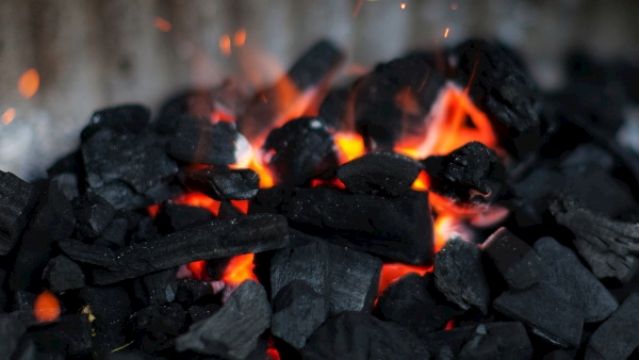A new study from the University of Limerick (UL) has found that the ban of smoky coal in Ireland led to a significant reduction in the probability of chronic lung diseases in older people.
Concerns on the effect of coal and other solid fuels on air quality and health led to the gradual extension of smoky coal bans during the last thirty years throughout Ireland.
A new UL study focused on the estimated effects the staggered extension of the ban had on lung health amongst the older Irish population.
Highlighting the strengths of the research, lead author of the study, Vincent O’Sullivan, associate professor of economics at the University of Limerick, said: “Many studies examine statistical associations between environmental regulations and health, but it can be difficult to rule out influences from other factors.
“For example, a simple comparison between cities like Dublin and Cork where smoky coal was banned in the 1990s and rural areas where smoky coal has only recently been banned would not account for differences in traffic and industrial pollution between these areas.
"Our comprehensive analysis consistently showed that the bans reduced the incidence of lung disease among older people,” he said.
The greatest damage to health from air pollution is caused by chronic exposure to particulate matter, primarily resulting from the combustion of fuels, such as for domestic heating, power generation, and in vehicle engines.
This chronic exposure increases the risk of heart disease, stroke, lung cancer, and respiratory diseases including asthma, bronchitis, respiratory infections, and chronic obstructive pulmonary disease (COPD).
“We tracked the health status of over 4,000 older people in Ireland, who were interviewed every two years between 2009 and 2018,”
“During the early 2010s, the smoky coal ban was extended to medium-sized towns of at least 15,000 inhabitants. In 2020, after our data were collected, the ban was extended to towns with more than 10,000 inhabitants.
“Last year, the ban became nationwide. These thresholds were somewhat arbitrary, so we could estimate statistical models comparing towns with populations in and around the threshold at which the ban was imposed. Our analysis consistently showed a negative effect of the ban.
“The effect of extending the ban was quite large. We calculate that extending the ban to towns with more than 15,000 inhabitants, which occurred during the 2010s, reduced the incidence of new cases of chronic lung disease by around 23 per cent”, Dr O’Sullivan said.
In Ireland, usage of solid fuels, including coal, is relatively high for Western Europe.
According to the most recent census in 2022, nearly 9 per cent of households used solid fuels as their main source of heating. In contrast, the percentage of households in the UK using solid fuels as their main source of heating is less than 2 per cent.







